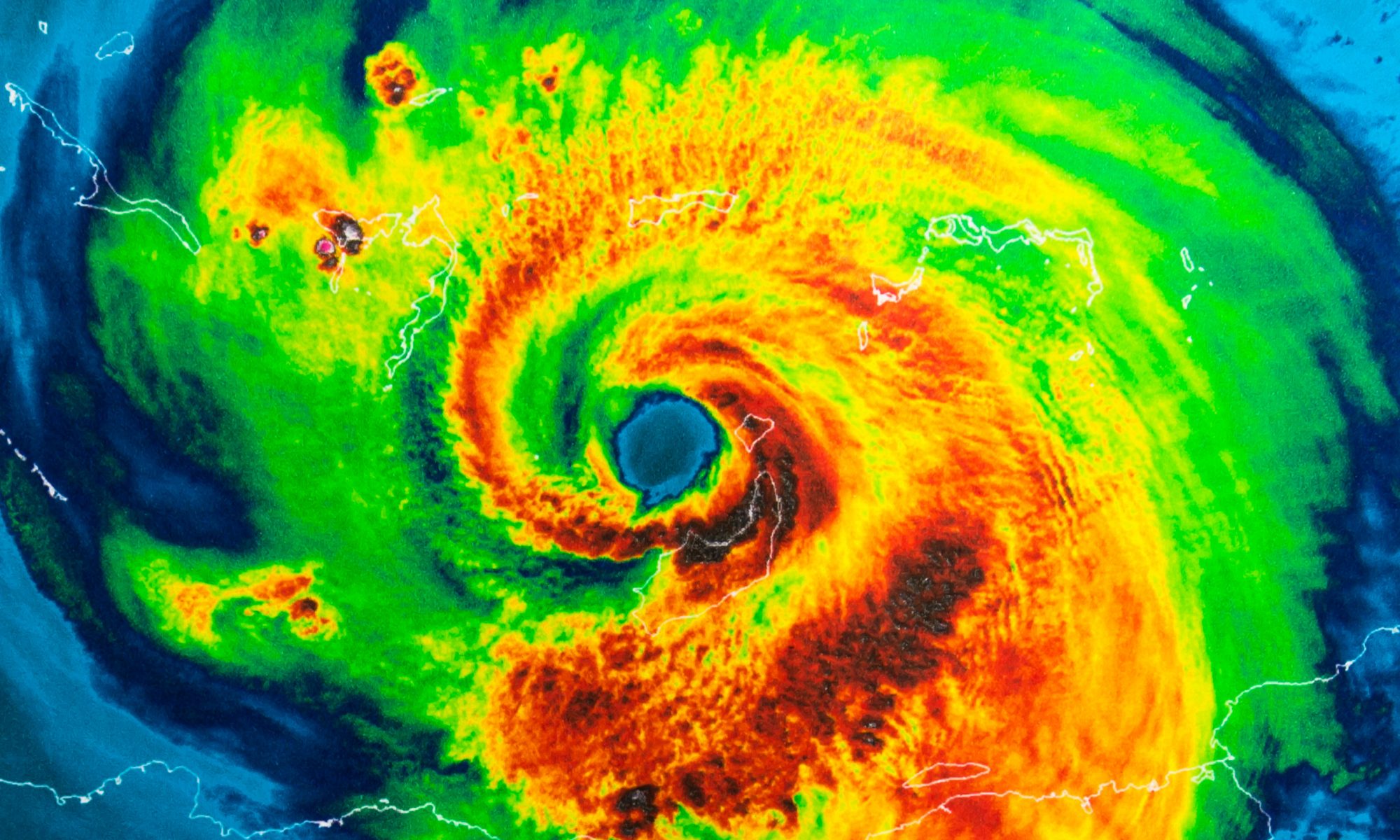Students: Grace Stoker, Kelvin Gonzalez, Velan Thanasekar
Faculty Mentor: Dr. Erta Cenko, UF College of Health and Health Professions
Project Site: Multi-state Gulf Coast Research (TX, LA, MS, AL, FL)
Understanding the Hidden Costs of Life on the Gulf
What does it mean to be healthy in a place shaped by hurricanes, persistent economic hardship and long-standing barriers to care? That’s the question a trio of undergraduate researchers, Grace, Kelvin, and Velan, set out to explore under the mentorship of Dr. Erta Cenko, a clinical assistant professor in the UF College of Health and Health Professions.
Over the course of a semester, the team analyzed large datasets from the Gulf of Mexico Research Initiative and conducted a deep dive into existing public health literature. Their goal: to better understand how environmental and economic stressors influence the physical and mental health of Gulf residents, particularly those living in areas with limited access to resources or services.
“I used to only think about hurricanes in terms of physical damage,” Kelvin wrote in his reflection. “Now I see how they can have an emotional impact too.”
Project Focus Areas
- Natural Disasters & Mental Health (Kelvin Gonzalez): Analyzed whether repeated hurricane exposure correlates with elevated stress, anxiety, or PTSD symptoms among Gulf residents.
- Income & Self-Rated Health (Grace Stoker): Investigated how perceived income levels relate to how healthy residents believe they are, revealing large disparities between poor and wealthy communities.
- Environmental Disasters & Physical Health (Velan Thanasekar): Studied the short- and long-term effects of hurricanes on health systems, chronic illness, and recovery resources.
Each student contributed a manuscript based on their analysis, which have the potential to inform future policy recommendations, health equity research, and disaster resilience planning for the region.
Why It Matters
From storm-related trauma to chronic underfunding of local health systems, the Gulf Coast faces a unique combination of environmental and systemic health risks. This project revealed that:
- Low-income residents are significantly more likely to report poor health.
- Social support, access to care, and housing stability can shape recovery more than storm severity.
- Moving from ‘fair’ to ‘excellent’ health takes more than surviving a disaster. It depends on improving long-term access to healthcare, housing, and other basic needs.
“This project changed the way I view natural disasters,” Velan wrote.
“They’re not just weather events—they’re social events shaped by policy and history.”
